Local Study
The importance of local history for developing a sense of place and identity is emphasised by the National Curriculum. The local landscape and buildings can often reveal a great deal about the use of land and the type of people who lived there in the past. Buildings and landscape can reveal how long a heritage the place has had. Monuments and local heritage or parish records can highlight individual local heroes or provide a window into the lives of ordinary local people in times gone by. How similar or different were their lives? Often, the local picture can also help to reveal the national or international picture.
Sort by:
Date (Newest first) | Title A-Z
Show:
All |
Articles |
Podcasts |
Multipage Articles
-

Engaging places with KS2
ArticleClick to view -
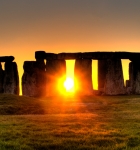
England's Past For Everyone
ArticleClick to view -

English Heritage and Historical Association Local Heritage Project
ArticleClick to view -

Exploring empire, artefacts and local history
ArticleClick to view -

Exploring the Rollright Stones as part of your Stone Age to Iron Age study
ArticleClick to view -

Exploring the history of our place with very young children
ArticleClick to view -

From Home to the Front: World War I
ArticleClick to view -
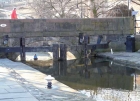
History in the Urban Environment
ArticleClick to view -

How can citizenship education contribute to effective local history?
ArticleClick to view -
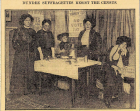
How can we make effective use of the census in the primary history classroom?
ArticleClick to view -

How local history can bridge the gap...
ArticleClick to view -
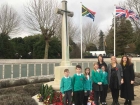
How significant is the tragic story of the SS Mendi?
ArticleClick to view -

How to make a toy museum
ArticleClick to view -

ICT and Local History
ArticleClick to view -
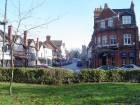
Incorporating Fieldwork into Your History Curriculum
ArticleClick to view -

Incorporating local history into a scheme of work
ArticleClick to view -

Insights from a year of leading the development of a ‘knowledge-rich curriculum’
ArticleClick to view -

Introducing history at Key Stage 1: a view from the classroom
ArticleClick to view -

Introducing local history: the Fusehill Workhouse Project
ArticleClick to view -
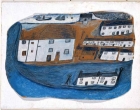
Key Stage 1 local history through fresh eyes
ArticleClick to view

